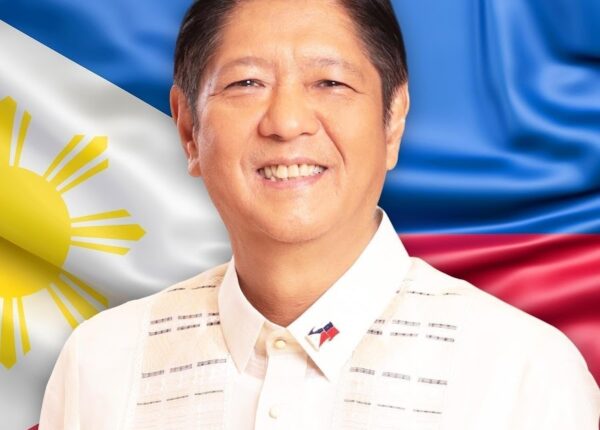PRESIDENT Ferdinand Marcos Jr. finally signed an executive order stopping the continued operation of all Philippine Offshore Gaming Operations (POGOs), some four months after he issued the directive during his State of the Nation Address (SONA) last July 22.
Under Executive Order 74 dated November 5, 2024, the Philippine Amusement and Gaming Corporation (PAGCOR) and all select special economic zones authorities, tourism zone authorities or freeport authorities are directed to no longer accept applications for new gaming and internet gaming licenses, to include their agents and service providers.
Likewise, all applications for license renewal shall no longer be entertained and all POGO-related activities must cease their operations by the December 31, as directed by the Chief Executive during his SONA.
EO 74 also recognized the unrelenting effort expended by the Presidential Anti-Organized Crime Commission (PAOCC) under Undersecretary Gilbert Cruz, a retired 2-star police general, by tasking the PAOCC to head the technical working group (TWG) on Anti-Illegal Offshore Gaming Operations primarily tasked to “intensify the crackdown” on all illegal POGOs/IGL that are still operating in the country.
The TWG is also instructed to “ensure the prosecution of violators to the full extent of the law” including the deportation of foreigners engaged in POGO activities.
Joining the PAOCC in implementing the President’s directives are the Department of Justice (DOJ), Department of Interior and Local Government (DILG), Philippine National Police (PNP), National Bureau of Investigation (NBI), Bureau of Immigration (BI), Anti-Money Laundering Council (AMLC), Securities and Exchange Commission (SEC) and the Cagayan Export Zone Authority (CEZA).
In 2007, CEZA, managed by the family of Presidential Legal Counsel Juan Ponce Enrile, was among the first special economic zones to open its doors to POGOs, as authorized under its charter.
A separate TWG focused on employment recovery and integration chaired by PAGCOR is also created to address the impact of the POGO ban on the affected sectors of the economy and “ensure the reintegration (to the local economy) of displaced Filipino workers…at the soonest possible time.”
PDU30’s EO 13 behind POGO growth
While POGOs have been operating in the country for some time inside the various special economic and tourism zones, they literally exploded in numbers during the Duterte administration, especially with his issuance of EO 13 on February 2, 2017, less than a year after he took office.
Ironically, while the EO is focused on addressing the problem of illegal gambling, its affirmation of the authority of PAGCOR and the special economic and tourism zones to issue offshore and internet gaming licenses based on their charters opened the floodgate to POGOs that is made worse by the PEZA (Philippine Export Zone Authority) allowing the special zones to operate offshore gaming in major urban centers, especially in Metro Manila.
While the license to operate is supposedly limited to “qualified operators” that they cannot share, lease, transfer, sell or encumber to any other party, this was not the case, as the country’s experience had shown.
By 2019, the PAOCC estimate that at least 200,000 Chinese have descended into the country, many of them as “tourists” who would end up as POGO workers as many of their clients are from the Chinese mainland.
On the other hand, the number of POGOs jumped to more than 300 during the Duterte administration before it sunk to just 54 licensed operators under the Marcos administration due to the PAOCC’s unrelenting campaign against illegal gambling.
The “relocation” of POGOs to the Philippines in 2019 came at a time when the Chinese government ordered a nationwide crackdown against illegal gambling that targeted even Chinese locators in Cambodia, resulting to the arrest of thousands of workers and their bosses.
China also threatened to cancel the passports of identified POGO workers to force them to come home to China where they are expected to stand trial.
Despite rising crimes like kidnap for ransom, increase in illegal drugs consumption, human trafficking and murders involving Chinese nationals and criminal syndicates, Congress in 2021, further legitimize and added credibility to POGOs by passing RA 11590 on September 22, 2021, specifically aimed at raising taxes thru POGOs.
Among the law’s principal authors are Sen. Christopher ‘Bong’ Go and Sen. Ronald ‘Bato’ dela Rosa, who both won on the basis of Pres. Duterte’s personal endorsement during the 2019 elections.




Comments are closed.